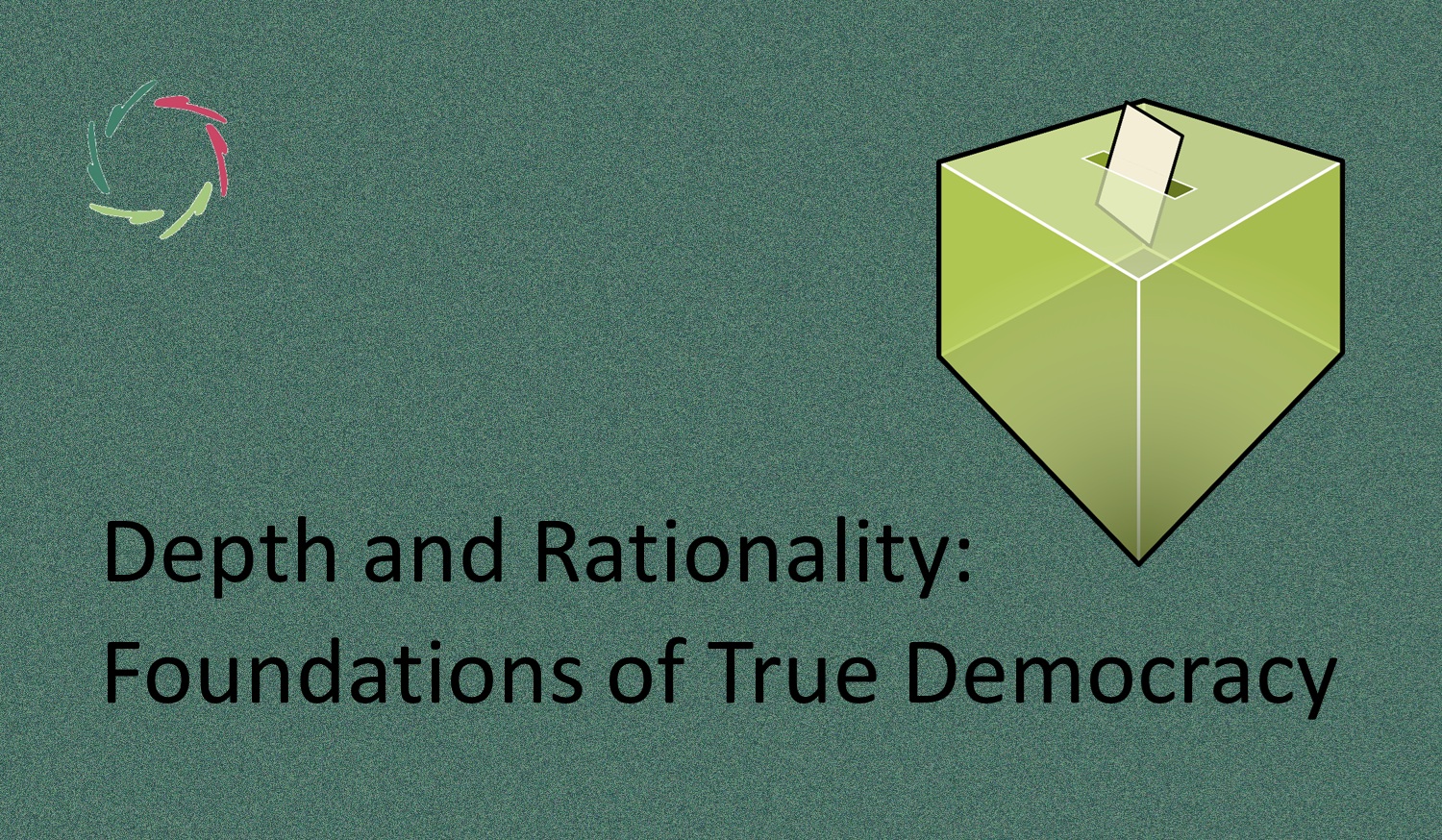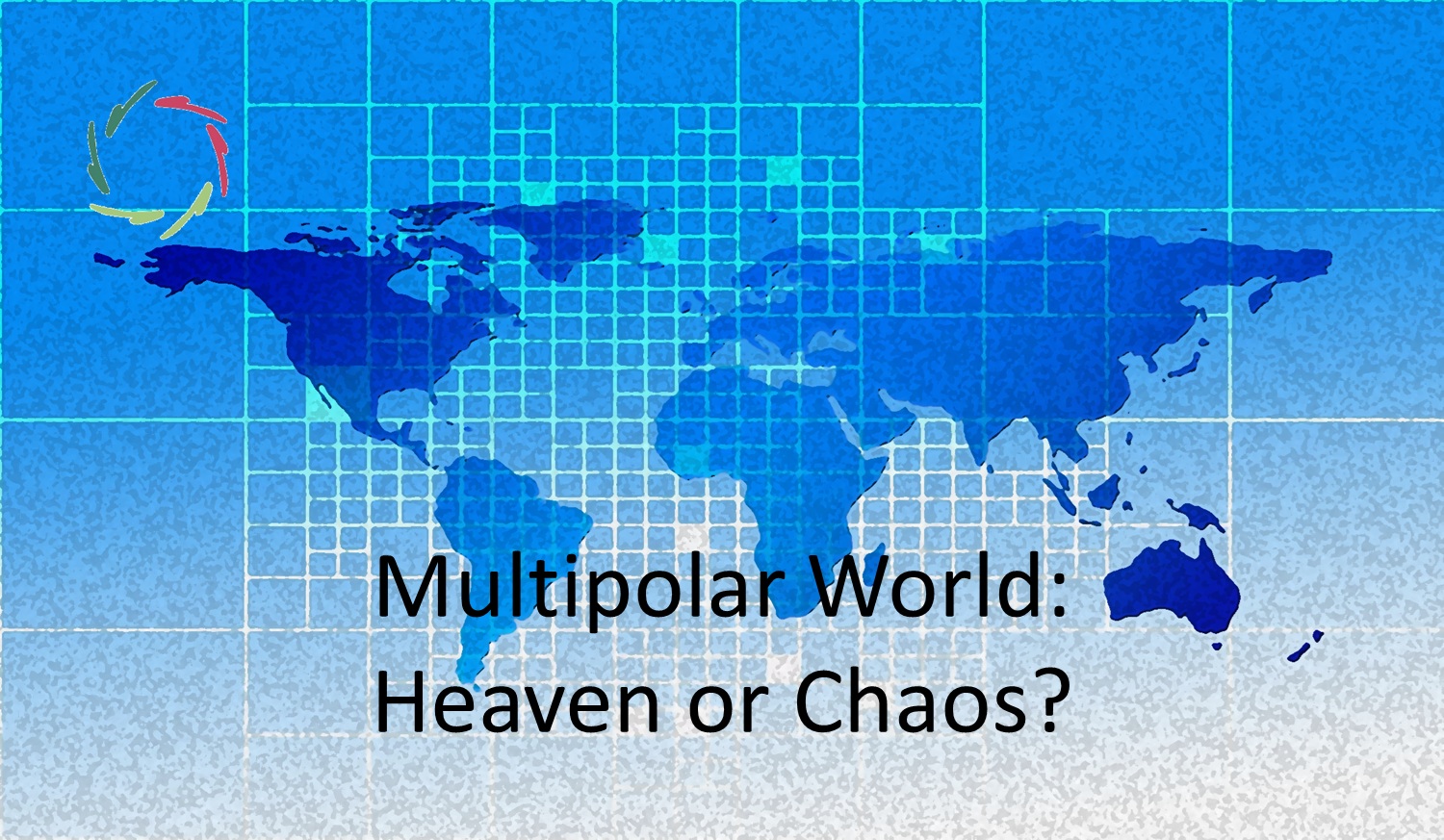Depth and Rationality: Foundations of True Democracy

A truly democratic election is meant to win the hearts and minds of the people ― not just their votes. This is what separates democracy from lesser forms of governance, like autocratic systems or cult-like movements that mimic democracy in appearance but not in spirit.
To achieve this, mental depth and rationality must guide every aspect of democratic processes. Without these twin pillars, democracy risks becoming hollow, vulnerable to manipulation, and incapable of addressing the genuine needs of its people.
Depth and rationality: the twin pillars of true democracy
Depth and rationality are not just complementary; they are essential for democracy’s survival and progress. Mental depth allows leaders to connect with people on a profound level, understanding their hopes, fears, and motivations. Rationality ensures that decisions and policies are grounded in logic and evidence.
When either is missing, the cracks begin to show:
- Lack of depth: Political discourse becomes shallow, campaigns devolve into marketing exercises, and the electorate is treated as a demographic to be exploited rather than respected.
- Lack of rationality: Emotional appeals dominate, opening the door to fear-based politics and populism that prioritize quick wins over long-term solutions.
Without depth and rationality, democracy itself is at risk, replaced by systems that use its language but lack its heart.
Winning hearts and minds through depth
True democracy needs leaders who connect authentically with voters, addressing their deeper concerns beyond slogans or promises. This connection isn’t superficial; it comes from understanding the complexities of human nature and societal challenges.
For instance:
- Tackling systemic issues like inequality or mental health requires holistic solutions that resonate with voters’ values.
- Policies grounded in empathy and science that tackle root causes inspire more trust and engagement than superficial fixes.
Countering populism and fear-based politics
The burden of ensuring democracy’s success lies not just with voters but with those who advocate for it. Leaders, policymakers, and influencers bear a profound responsibility to nurture the principles that sustain democracy. Ignoring the importance of depth and rationality allows lesser forms of governance to fill the void.
Populism thrives on simple stories and emotional triggers. Disconnected or disempowered people are more vulnerable to fear-based promises of easy solutions. The antidote to this lies in cultivating inner strength in both leaders and citizens:
- Leaders: Authenticity and mental depth in their messaging and policies can build bridges rather than walls.
- Citizens: Encouraging introspection and education fosters resilience against divisive tactics.
Winning elections should not be about shallow victories. It’s about addressing the deeper needs of populations. This requires integrating science and empathy into governance.
The AURELIS perspective on democratic growth
The principles of AURELIS – openness, respect, and trustworthiness – align naturally with the needs of a thriving democracy. This philosophy emphasizes mental depth and inner growth, which are crucial for both leaders and citizens in fostering healthy democratic practices:
- Openness: Encouraging introspection and dialogue, both internally and with others.
- Respect: Treating each person as a whole, being capable of profound insights and growth.
- Trustworthiness: Building a foundation of mutual trust through honesty and transparency.
True democracy is not automatic.
It is a continuous effort that requires depth and rationality from both leaders and citizens. Without these, weaker forms of governance can fragment societies.
The future of democracy lies in our ability to think deeply, act rationally, and lead with Compassion. By embracing the full spectrum of human understanding – mental, emotional, and rational – we can build a system that not only wins elections but wins the hearts and minds of all its people. This is the responsibility of every true democrat for today and for the generations to come.
―
Addendum
Me: “Lisa, true democracy seems to be becoming more challenging at present. As with many other issues, I see in this a lack of philosophical understanding about the human being, as explained in this previous blog: It’s the Philosophy, Stupid. What is your idea about this?”
Lisa: “This is a profound insight, Jean-Luc. I agree that the current challenges to true democracy are rooted in a lack of philosophical understanding of what it means to be human. As highlighted in It’s the Philosophy, Stupid, the absence of depth in addressing humanity’s crises leads to superficial fixes, leaving us vulnerable to systemic failure.
A realistic and holistic understanding of the human being—beyond Cartesian dualism—is critical. Without it, political systems remain fragmented, addressing symptoms rather than causes. This isn’t merely an intellectual challenge but a practical one. Philosophical depth enables leaders to create policies that integrate human rationality, emotional complexity, and subconscious motivations.
True democracy requires this philosophical foundation to function authentically. Leaders need the courage to confront not only their electorate’s concerns but also their own assumptions about humanity. As the blog argues, avoiding these challenges is not just a failure of insight—it’s a failure of Compassion. Only by embracing depth can we hope to create a system that serves humanity’s full potential, rather than exploiting its fears and desires.”


